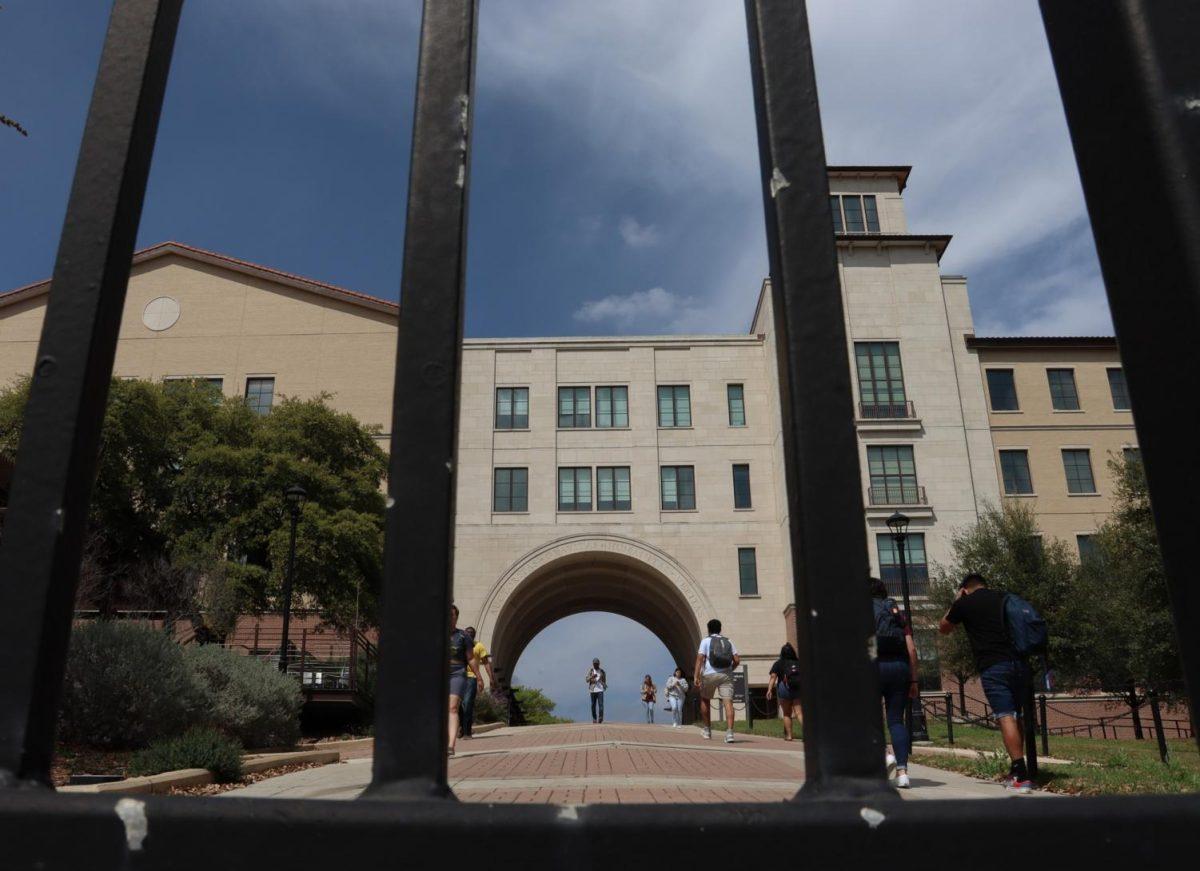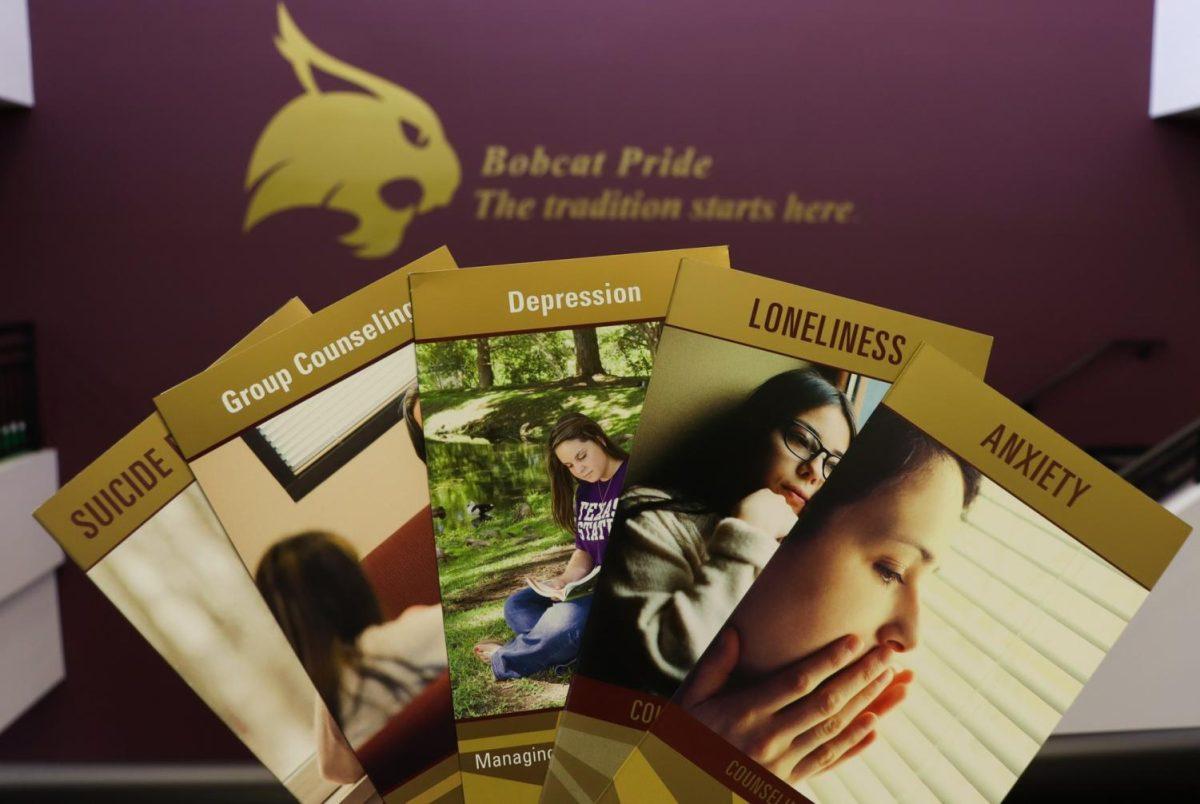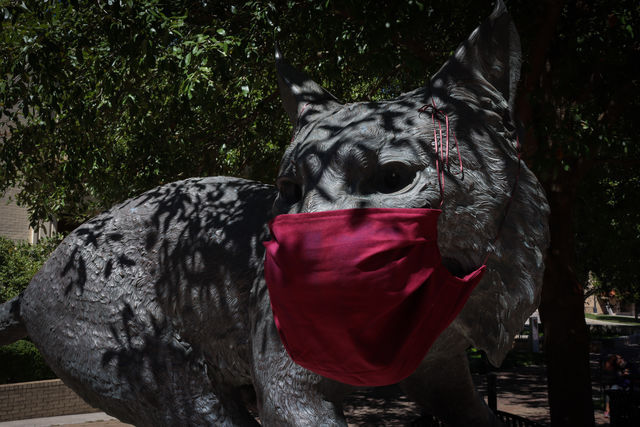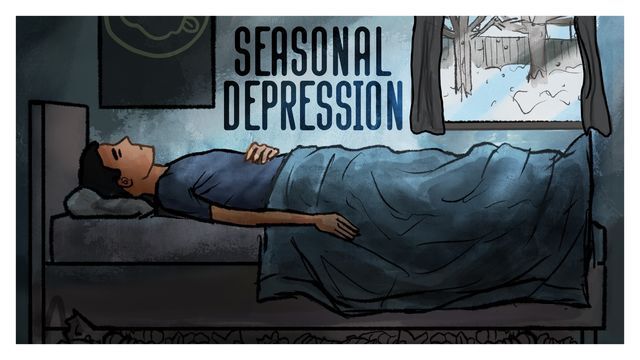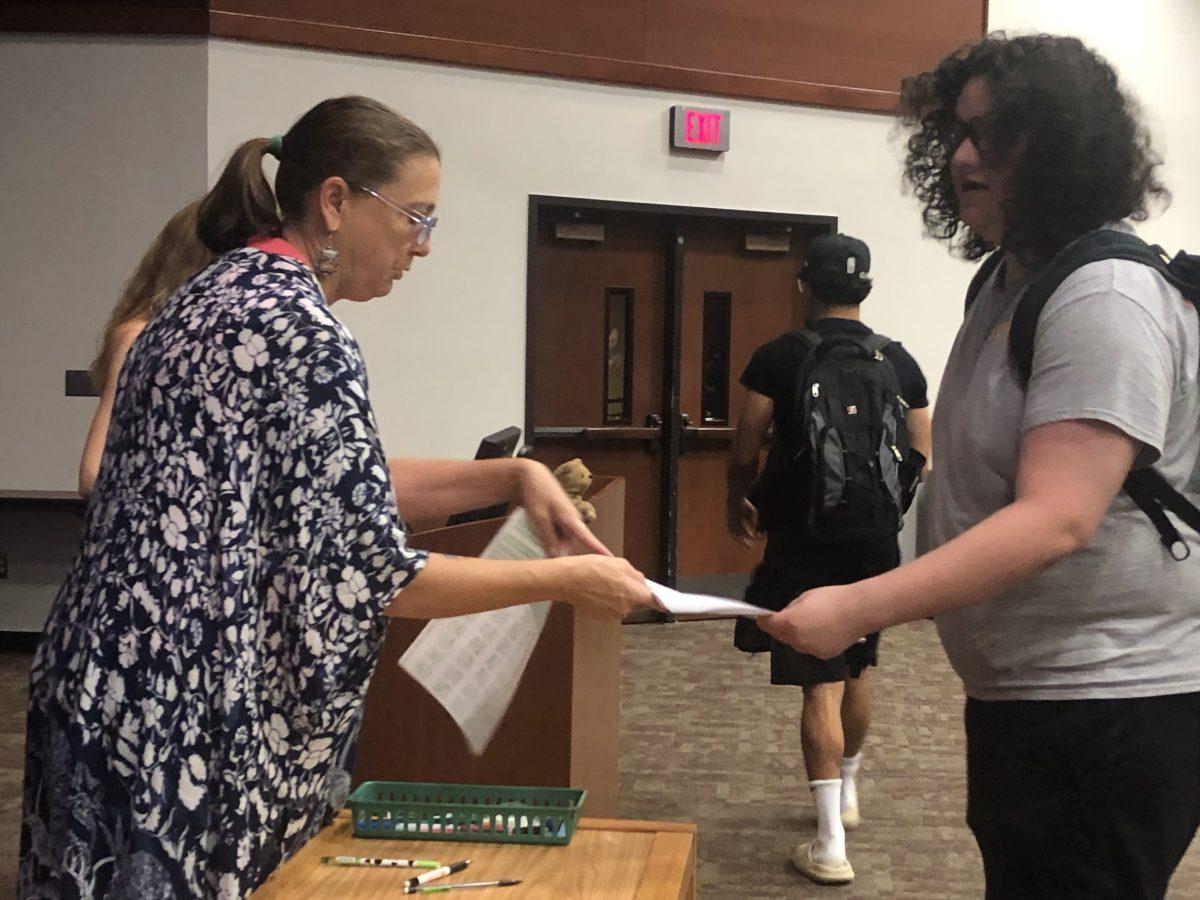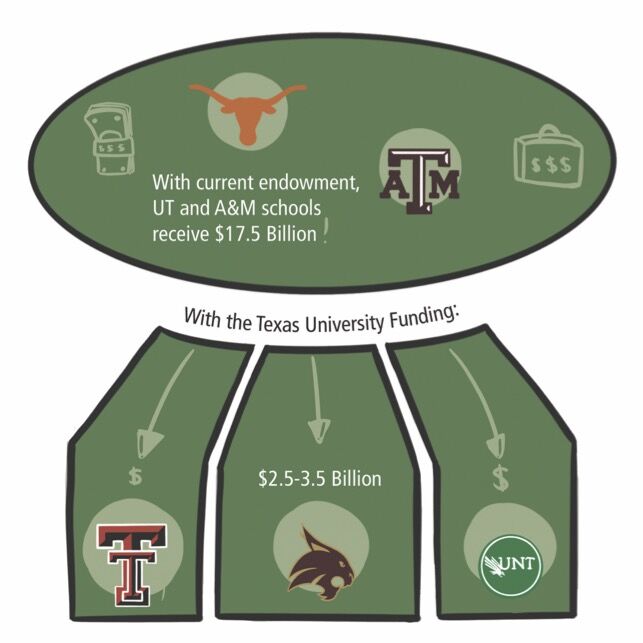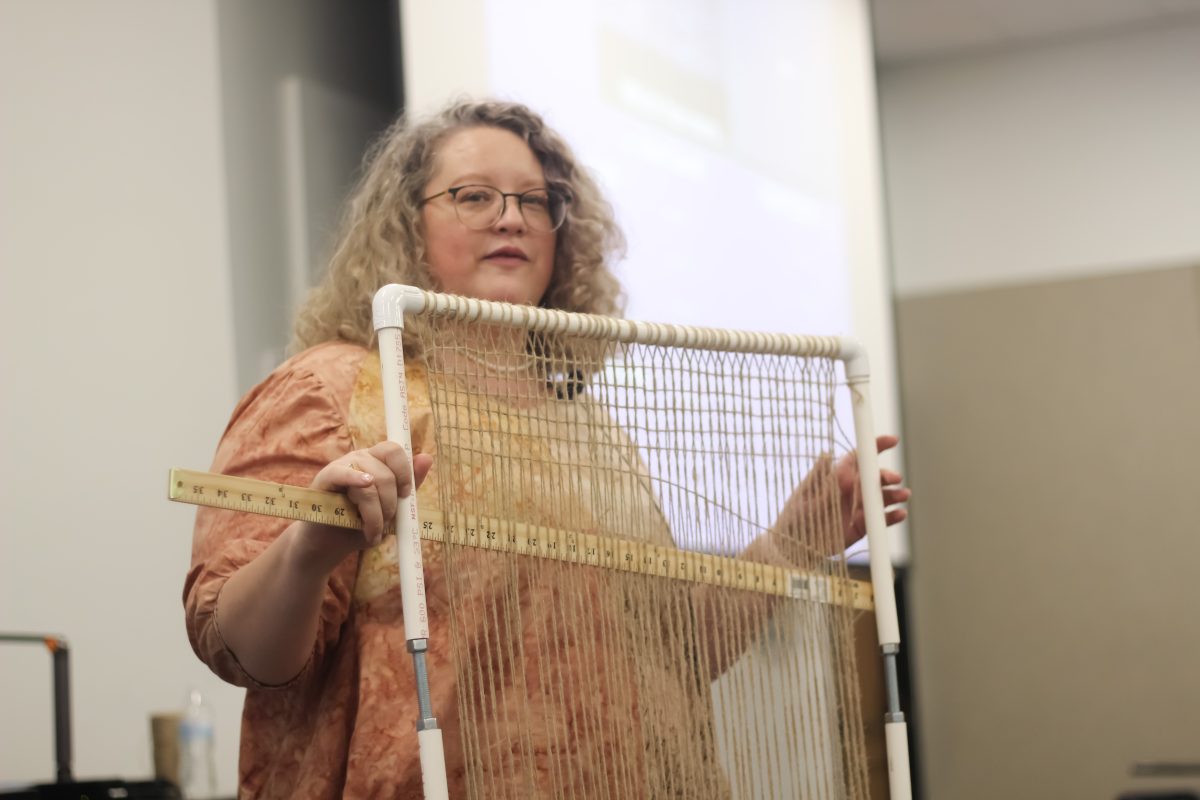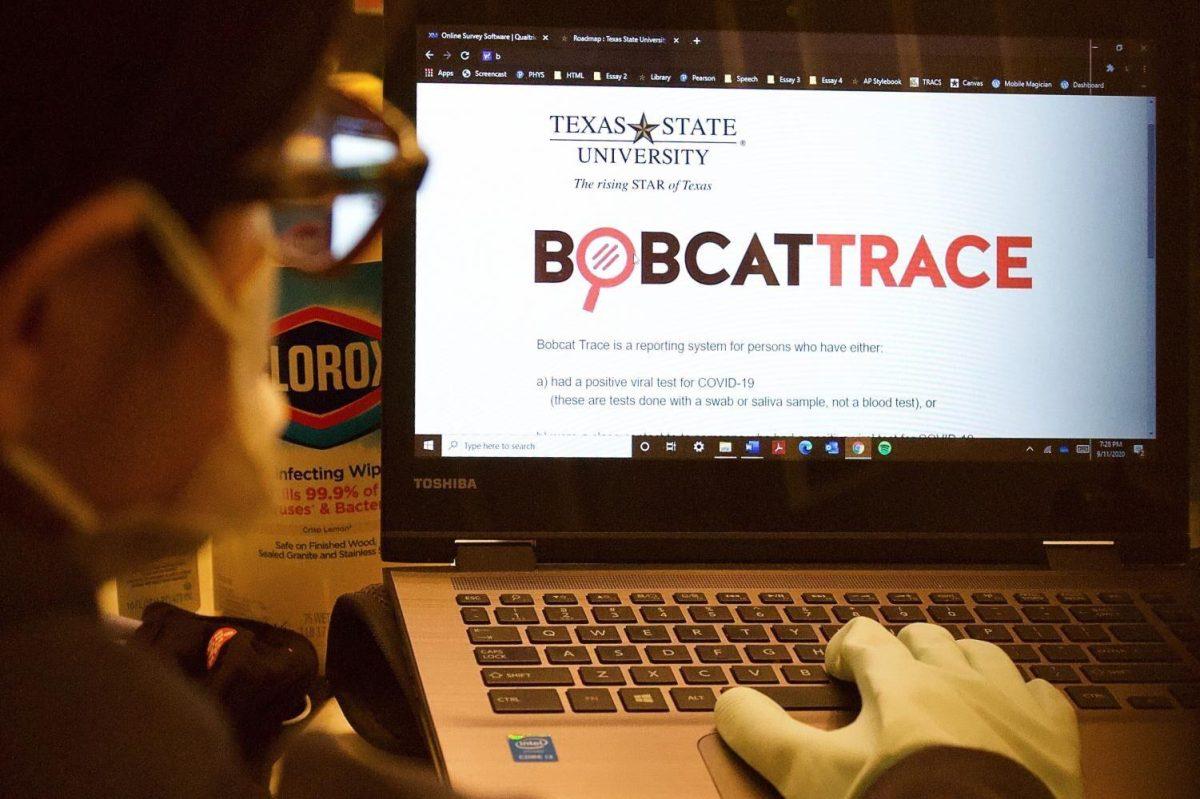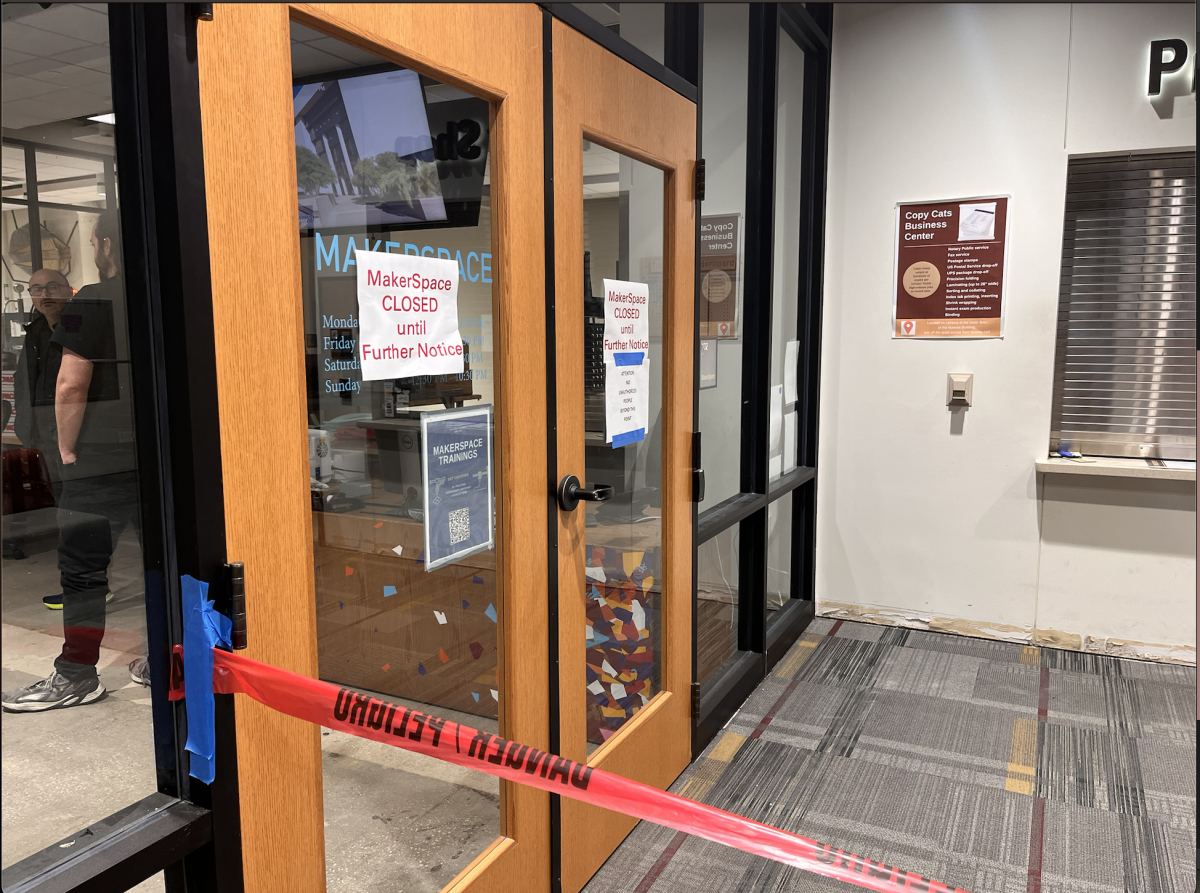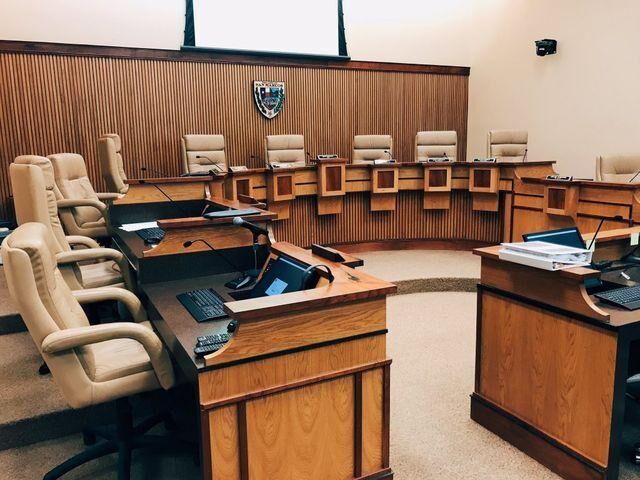Texas State’s Faculty Senate reported concerns from non-tenured faculty who feel reluctant to speak out against the university due to job security fears and criticized an unbalanced dynamic between staff and department chairs.
Faculty Senate, in its Sept. 9 meeting, also discussed its focus for the 2020-2021 school year, the promotion of events with Institutional Inclusive Excellence, revisions to the Tenure and Promotion Policy and agenda items for a joint meeting with the Council of Academic Deans and Council of Chairs.
Senate member Shannon Duffy presented a report containing various concerns from faculty over potential repercussions from sharing opinions in and out of the classroom.
In the report, non-tenured faculty members expressed concern over the lack of justification needed should they be terminated. Duffy’s presentation highlighted a common fear among non-tenured faculty regarding an unjustified termination.
“One of the things I saw in my own research is there is a very clear link,” Duffy said. “If you are an adjunct, if you do not have job security, there doesn’t have to be a reason given for dismissal, and that’s a real weakness, with regard to academic freedom.”
Duffy’s report also indicates fear from professors over both virtual and physical retaliation over comments made during instruction or on personal social media accounts.
“There is some real fear on this campus over things like Professor Watchlist, or they’re on Rate My Racist Professor or Rate My Marxist Professor. [Instructors] are literally worried about getting threats or having people actually assault them,” Duffy said.
Duffy spoke on the difference in academic freedom concerns between non-tenured and tenured staff. She says while non-tenured faculty fear for job security, tenured faculty members express significant discomfort with their department chairs’ influence on their courses.
“You tell non-tenure line, ‘Tell me your academic concerns,’ they say, ‘I don’t wanna get fired,’” Duffy said. “Over on the tenured side, [people] worry about having control over their syllabi, control over their textbooks, control over their research, having the right to do Fulbrights [Scholar Program].”
Duffy also commented on faculty members staying silent when they disagree with decisions. She says many faculty members seem hesitant to voice concerns on-record.
“There is some real trepidation, especially on the non-tenure line, to challenge the administration on the COVID policies,” Duffy said.
Faculty Senate discussed the focus and themes for the 2020-2021 school year, aiming to broaden themes to not exclude any groups in the Faculty Senate’s diversity and inclusion initiatives.
Faculty Senate also discussed collaborating with Institutional Inclusive Excellence, the rebranded Student Diversity and Inclusion Office, to sponsor a presentation by Dr. Laura Rendon Sept. 15 for Hispanic Heritage Month.
Revisions to the Tenure and Promotion Policy were discussed at length, with some senate members voicing concerns about chairs having too much power at their discretion. Senate member Stan McClellan says he is concerned about potential autocratic behavior taken by a department chair.
“I’ve been run over by administrators,” McClellan said. “There’s gotta be a check and balance on that.”
Faculty Senate then discussed agenda items for a joint meeting with the Council of Academic Deans and the Council of Chairs set to take place Sept. 24 in which it plans to discuss an anti-bullying policy within departments. Senate member Vincent Luizzi also says a workshop training for department chairs would be necessary to improve relations.
“The basis for just about all of the complaints and grievances have to do with the dynamic that the chair establishes,” Luizzi said. “It’s a problematic one. We just do not train our chairs.”

April 25, 2024
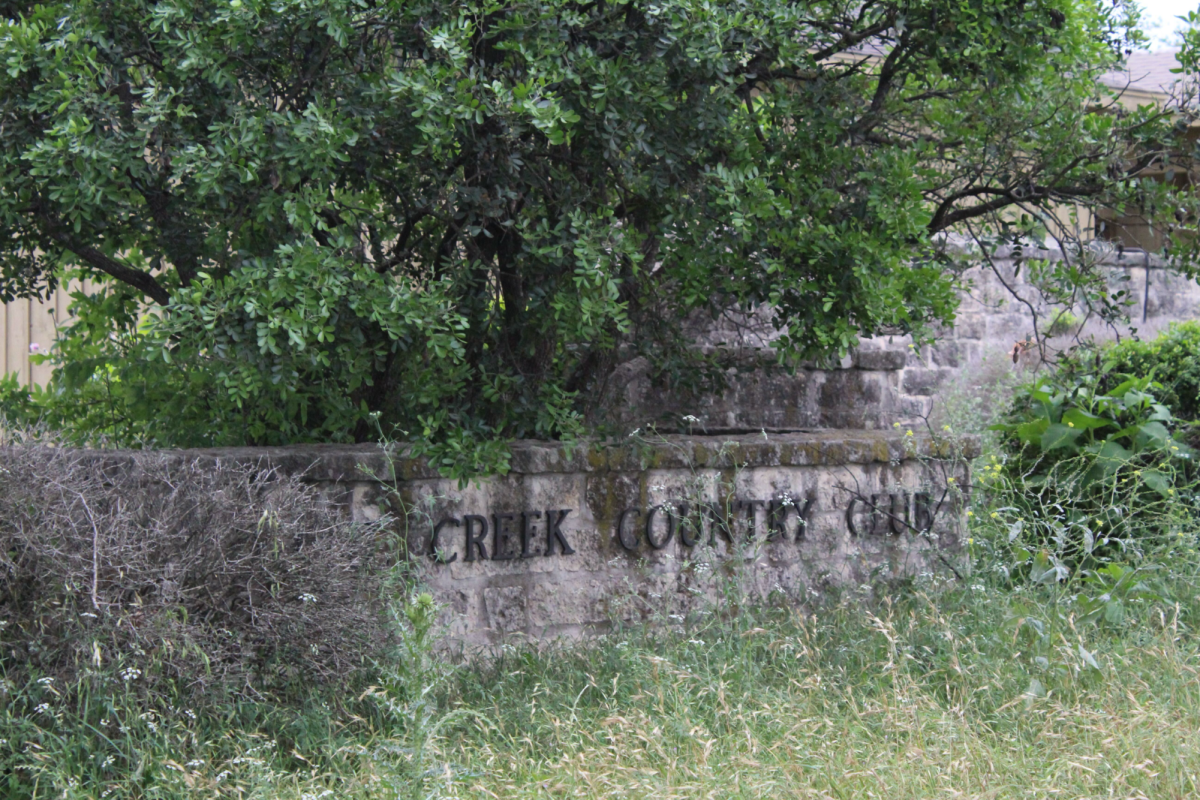
April 25, 2024

April 25, 2024

April 25, 2024

April 24, 2024
Faculty Senate reports job security concerns, conflict with department chairs
September 10, 2020
Texas State students walk through the arch Wednesday, March 11, 2020, near the Undergraduate Academic Center.
Donate to The University Star
Your donation will support the student journalists of Texas State University. Your contribution will allow us to purchase equipment and cover our annual website hosting costs.
More to Discover
SECTIONS
SERVICES
CONTACT INFORMATION
universitystar.com
601 University Drive
San Marcos, TX 78666
Phone: 512-245-3487
Email: [email protected]
601 University Drive
San Marcos, TX 78666
Phone: 512-245-3487
Email: [email protected]
© Copyright 2024 The University Star 601 University Drive, San Marcos, TX | Privacy Policy
© Copyright 2024 The University Star 601 University Drive, San Marcos, TX | Privacy Policy


